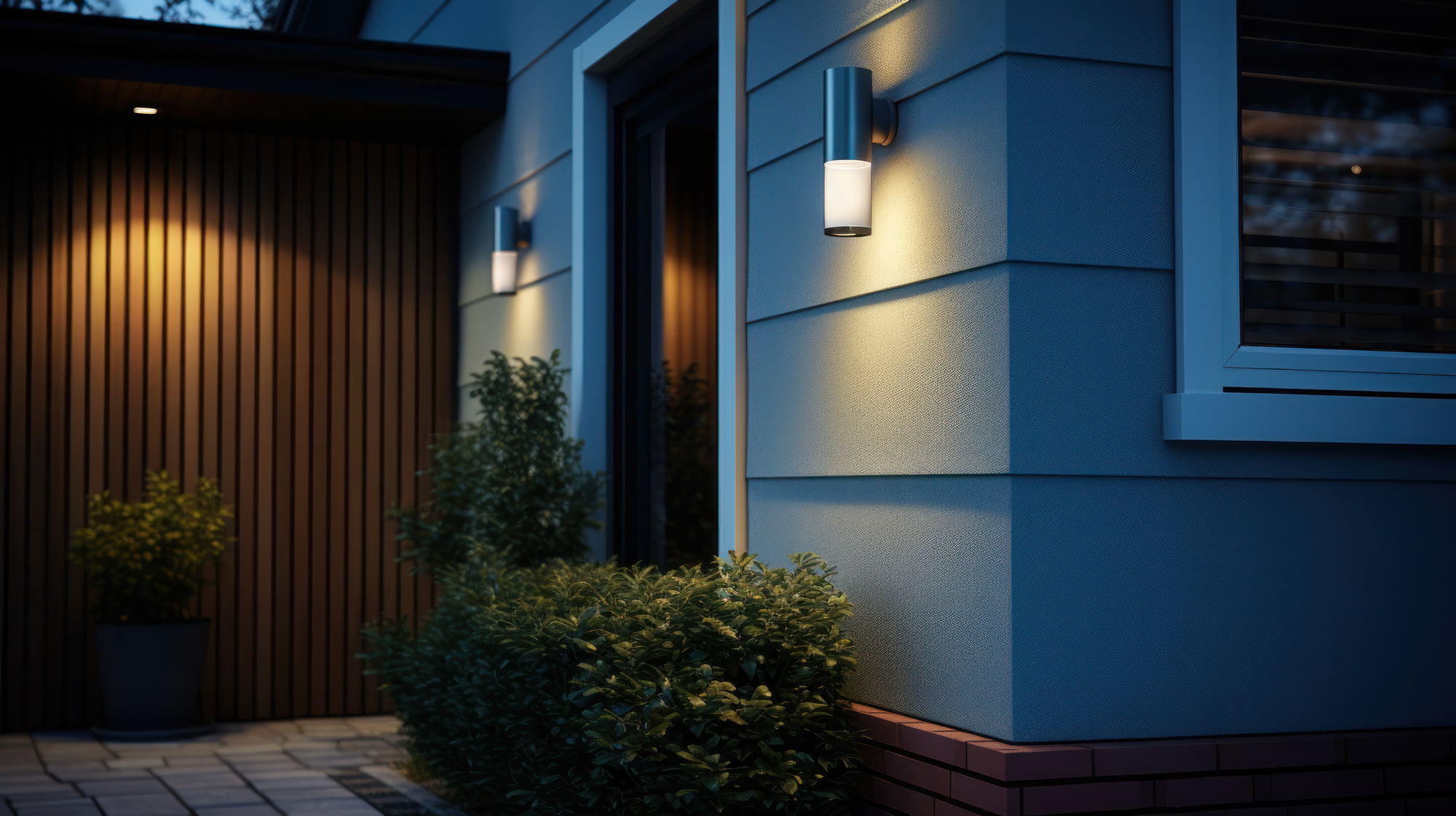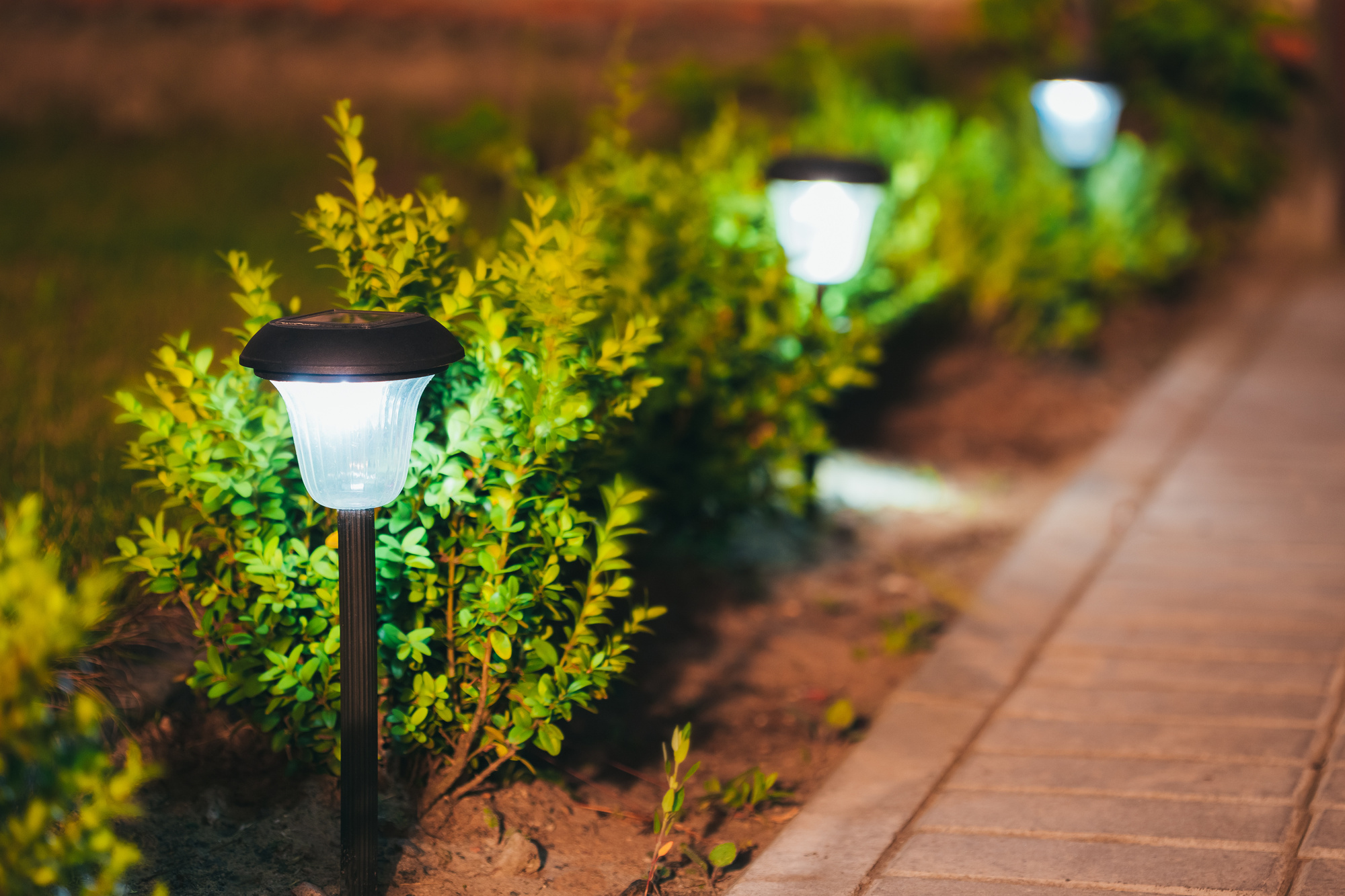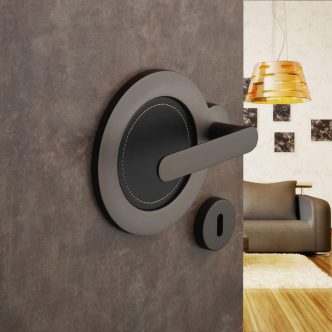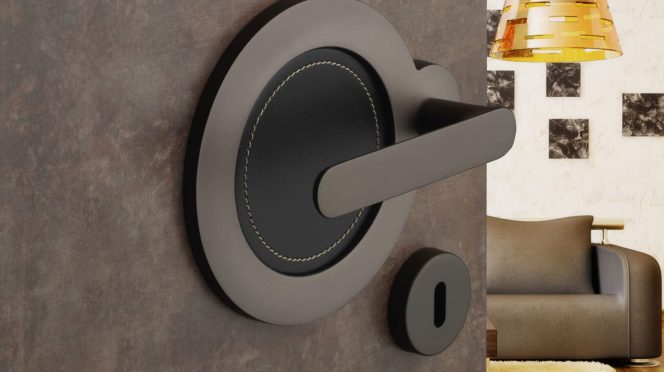Outdoor solar lighting has gained immense popularity in recent years due to its eco-friendliness, low operational costs, and ability to provide illumination without electrical infrastructure. As the demand for renewable energy solutions continues to grow, many homeowners and businesses are considering solar lighting for their outdoor spaces.
However, to make the most out of this energy-efficient investment, you need to take into account several critical considerations. Here are some of them.
1. Purpose Of The Lighting
One of the essential things to consider when installing outdoor solar lights is the purpose. Are you adding lights for security reasons, aesthetic appeal, or to illuminate a pathway? By determining the primary purpose of the lighting, you can choose the right type, brightness, and placement of your lights.
2. Solar Panel Efficiency
Another key consideration when installing outdoor solar lighting is solar panel efficiency. Solar-powered lights function by absorbing sunlight through panels and storing this energy in batteries for use during the nighttime. Therefore, it’s essential to take into account your panel’s efficiency to make the most out of your lighting.
Generally, the efficiency of these panels can determine how effectively they can convert sunlight into usable energy. Look for products with high-efficiency panels to ensure maximum light output during nighttime.
3. Battery Capacity And Backup
It’s also crucial to keep the battery capacity and backup in mind when investing in solar landscape lighting for outdoor use. The stored energy in batteries powers the solar lights during low-light conditions. Thus, it’s best to choose a light with a high-capacity battery to ensure longer illumination hours. Additionally, consider the backup capacity, especially if you live in areas with multiple cloudy or rainy days. This can ensure you have enough light sources when extreme weather conditions strike.
4. Budget And Warranty
Outdoor solar lights come in a range of prices, from affordable to premium. While it’s tempting to go for cheaper options, ensure they don’t compromise on quality. Additionally, a product backed by a robust warranty can save costs on potential repairs or replacements.
Within these considerations, there’s a noteworthy mention regarding specific heavy duty solar lights. Perfect for areas that require bright and consistent illumination, these lighting fixtures are built to last and can withstand rigorous conditions. Their robust construction, coupled with efficient panels and high-capacity batteries, make them an excellent choice for areas like driveways, parking lots, and large gardens.
5. Brightness And Light Output
Solar lights come in various lumens (brightness levels). Hence, it’s important to factor in the brightness and light output when installing lighting in your exterior space. Depending on your requirements, make sure to choose a product that offers the desired brightness. Remember, while pathway lights may require softer illumination, security lights need to be much brighter.
6. Installation And Mounting Options
Some solar lights require professional installation, while others are DIY-friendly. Depending on your proficiency and comfort, opt for a product that aligns with your installation preferences to avoid problems later. Additionally, if you need ground stakes, consider wall mounts, or pole mounting options. This way, you can ensure a successful installation process for your outdoor lighting.
7. Light Modes, Controls, And Sensor Accuracy
Modern outdoor solar lights offer multiple operational modes, like motion-sensing, dusk-to-dawn operation, and dimmable features. Depending on the intended use, opt for products with the necessary controls. For instance, security lights with motion sensors can deter potential intruders.
On the other hand, for solar lights with motion or light sensors, the accuracy of these sensors is crucial. Hence, ensure that the sensors can differentiate between significant movements (like humans or vehicles) and minor ones (like swaying trees or pets) to prevent false triggers.
8. Aesthetics And Design
While functionality is critical, aesthetics shouldn’t be overlooked when adding outdoor solar lights. The design and style of lights should complement your outdoor space’s décor to improve your home’s overall curb appeal. Therefore, whether you prefer modern designs or classic lanterns, check out the market as it offers a plethora of options to suit your tastes.
9. Integration With Other Systems And Available Replacement Parts
If you’re aiming for a smart home or business setup, check if your chosen solar lights can integrate with other systems. This integration can allow you to control the lights remotely or set them up with other security features.
Moreover, over time, certain components of the solar lights, like batteries or LEDs, might need replacement. It’s essential to choose brands or models where parts are readily available to ensure a smooth installation and replacement process.
10. Maintenance And Care
Once installed, outdoor solar lights usually require regular maintenance to function optimally. Therefore, factor in the maintenance and care when installing lighting. Check the maintenance requirements of the lights to ensure they’re maintained properly. For example, make sure the solar panels remain clean and free from dust or debris, which can hinder sunlight absorption. Also, periodically check the batteries and replace them when their efficiency decreases.
Conclusion
Installing outdoor solar lighting requires a thorough understanding of various factors that can impact its efficiency and longevity. By taking these considerations into account, you can make informed decisions and ensure a bright, sustainable future for your outdoor spaces.














